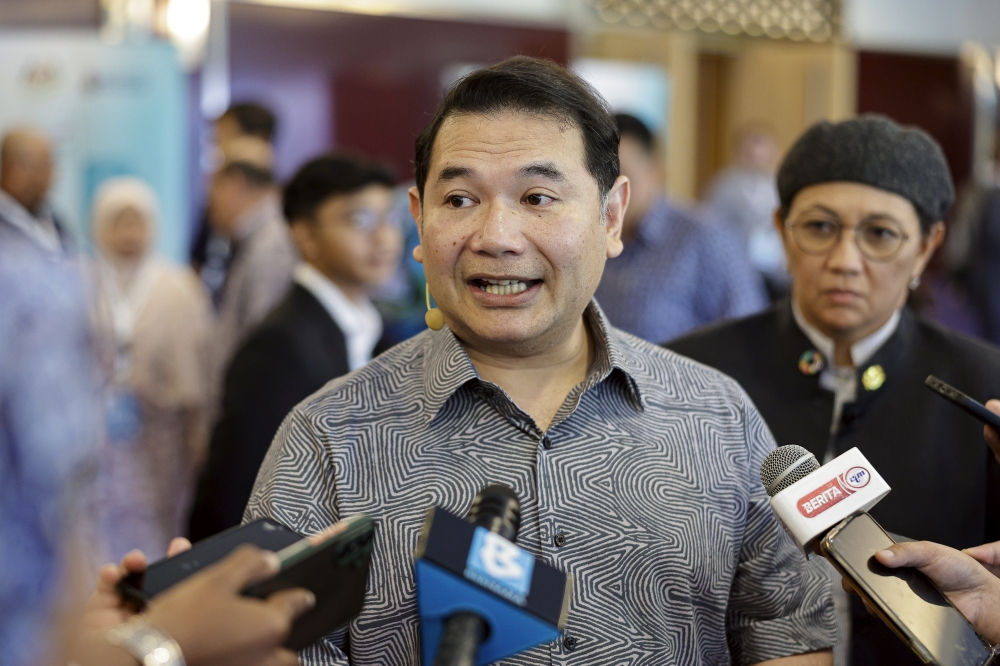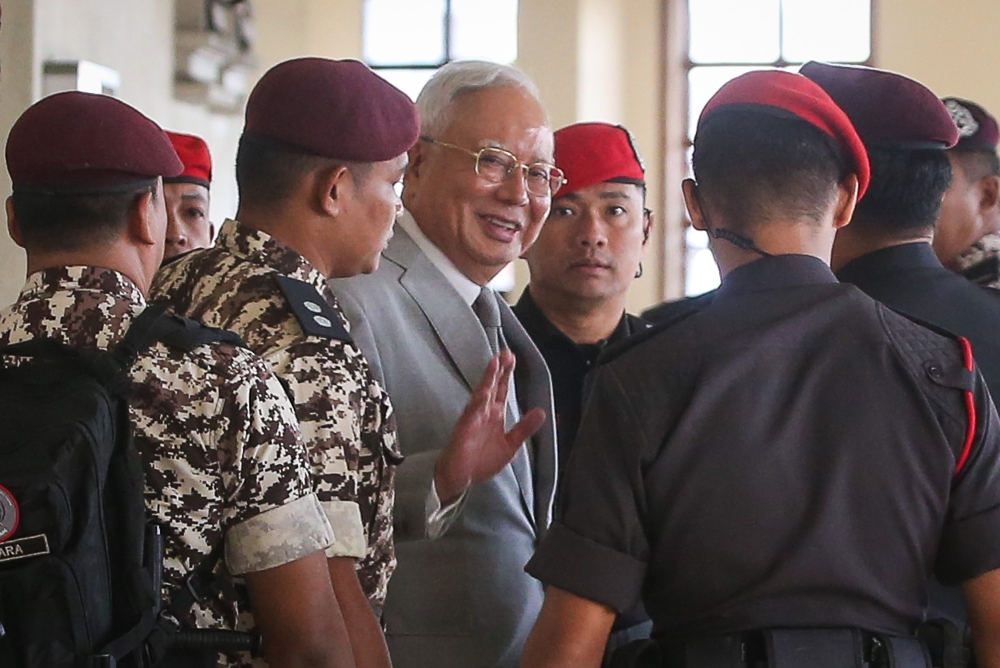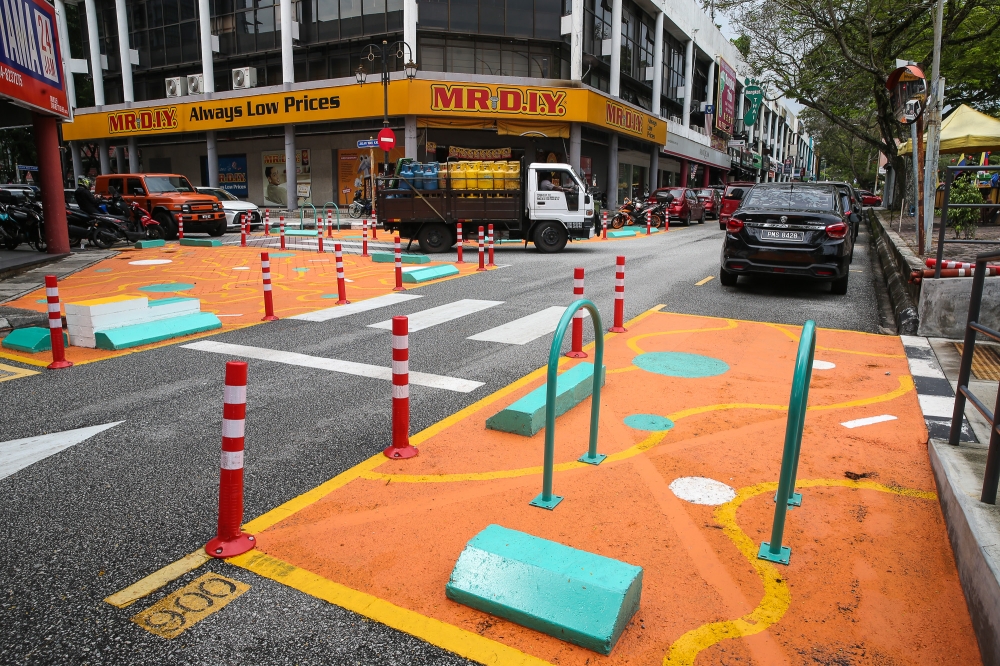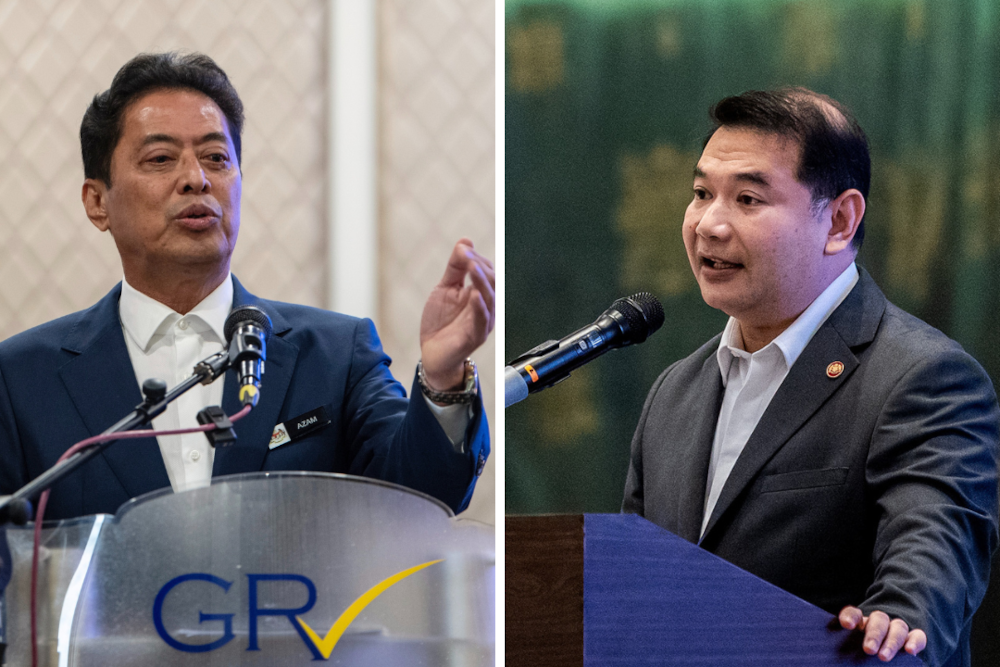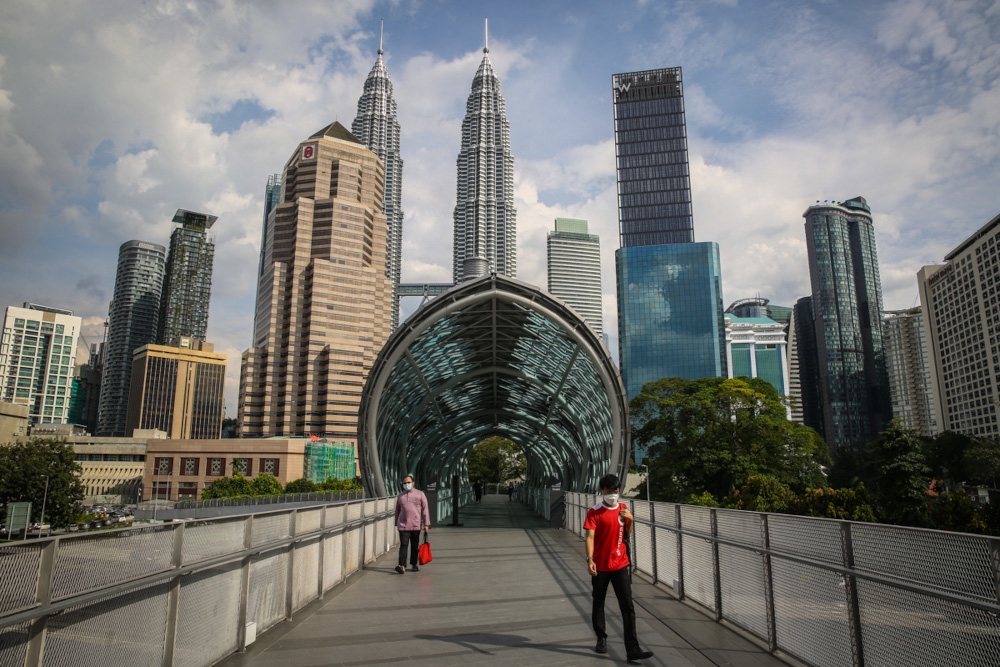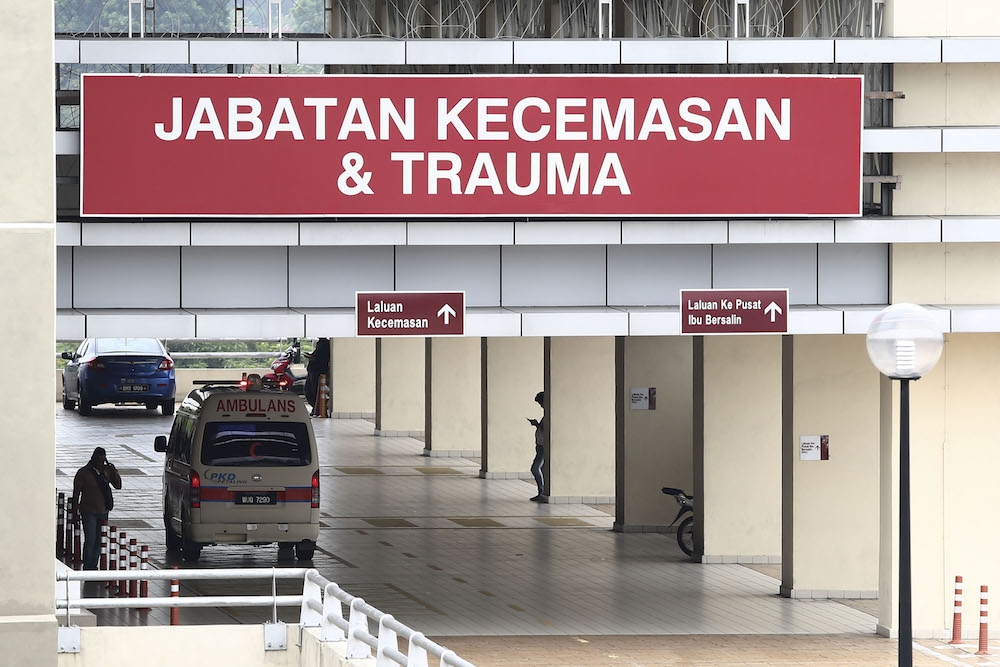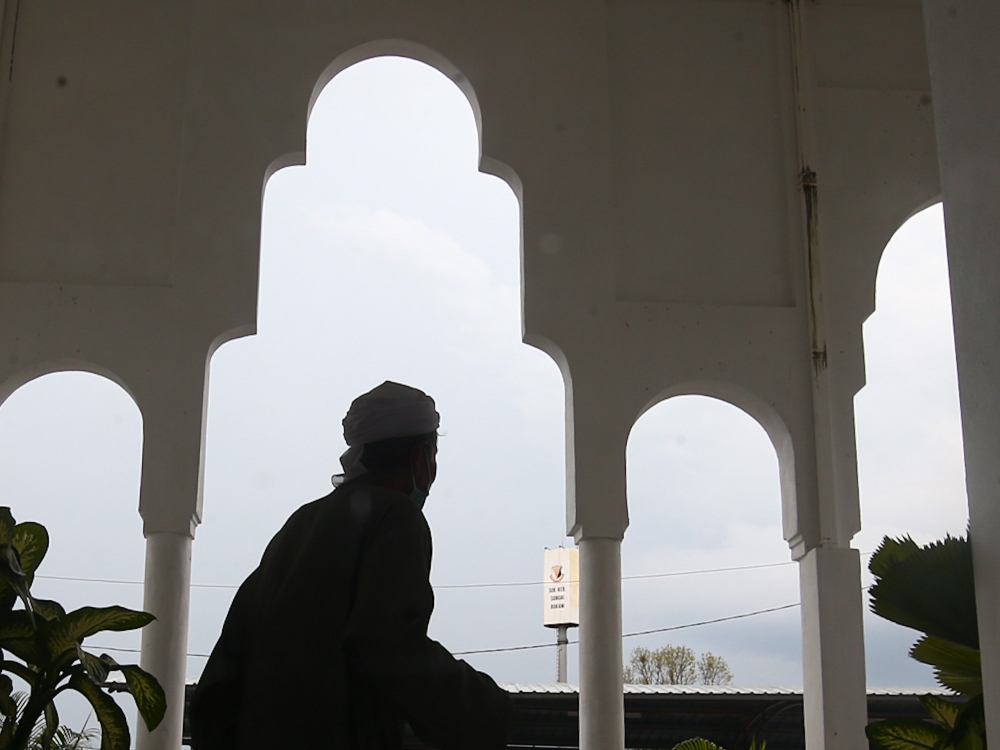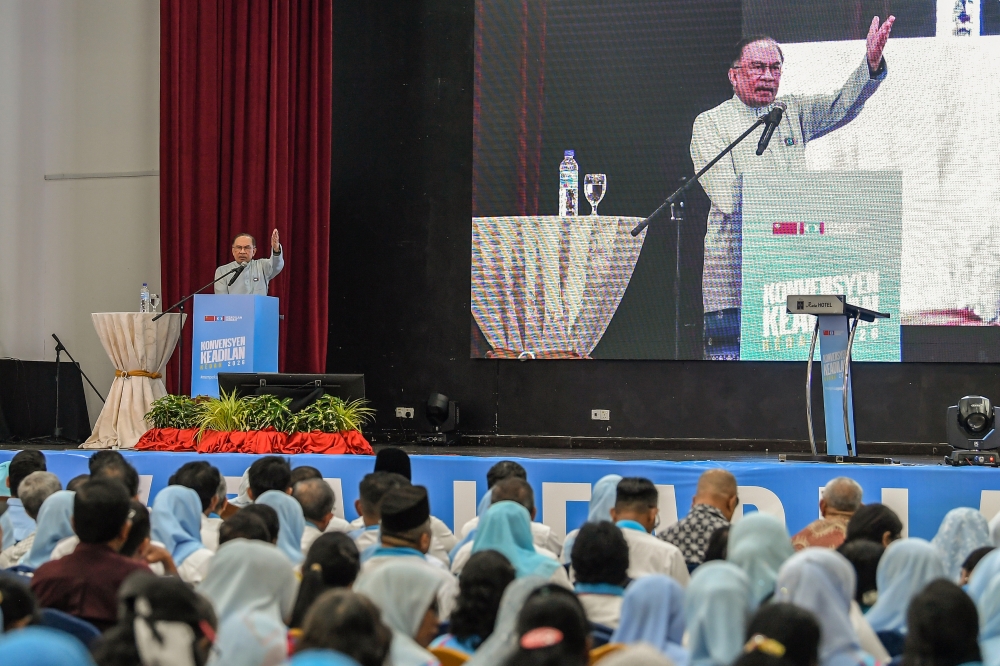FEBRUARY 17 — The much-anticipated battle of superpowers in the Champions League on Wednesday night ended up being decided by substitutions, and one of the men to shine from the bench should now be given a much bigger role to play for the remainder of the season.
Real Madrid’s meeting with Paris St Germain was far from a classic. It was eventful and frantic, but neither team established sufficient control over the flow of the game to feel particularly happy with how they played.
The Spanish team, however, can be much happier with the outcome after gaining a 3-1 first leg victory thanks to late goals from Marcelo and Cristiano Ronaldo, and the identity of the scorers is important.
Despite enduring a disappointing overall season so far, Ronaldo — who also netted a penalty in the first half to equalise Adrien Rabiot’s opener — again proved that he is still very much a potent goal threat, and his place in Madrid’s starting line-up cannot be questioned.
Despite his advancing years and consequently ever-growing limitations, the Portuguese superstar is still a fundamental performer for his team for one simple reason: he always looks likely to score goals, and that kind of player should never be overlooked.
Marcelo has also struggled for form in recent months, often looking miles below the level of the man who was arguably Madrid’s most consistent player during last season’s double-winning campaign.
But he was back to his best on Wednesday night, comfortably winning his personal duel with fellow Brazilian international Dani Alves and underlining his decisive contribution with a fine finish for the third goal, which could well end up sentencing the tie.
On the other side, PSG boss Unai Emery’s decision to replace striker Edinson Cavani with right-back Thomas Meunier was lamentable, showing a weak mentality and handing all the initiative to the home team, who duly took advantage by scoring twice down Meunier’s flank.
Even more than those players, however, the man to emerge from the encounter with the most credit was Madrid’s late substitute, Marco Asensio.
Despite only being introduced for the final 11 minutes of the game, Asensio was electric down the left wing, delivering the assists for both the late two goals and looking capable of causing danger every time he received the ball.
This wasn’t particularly surprising for anyone who has paid attention to the career of the 22-year-old, who has long been regarded as Spain’s greatest emerging talent.
Ever since he first came to prominence with a loan season at Espanyol in 2015/16, it has been obvious that Asensio possesses a wide range of attacking abilities: he can play down both wings, either cutting inside to shoot or link up with team-mates, or beating his full-back to deliver dangerous crosses into the box.
He’s also a fantastically clean striker of the ball, registering a series of stunning long-range goals and a wonderful dribbler with pace, balance and a smooth touch.
So why, then, has he not been playing more regularly?
Despite all his undeniable talent, Asensio has only been selected to start 10 league games by Zinedine Zidane so far this season, and has spent less than 200 minutes on the pitch in his team’s seven Champions League games.
That lack of action is even stranger when you consider this was supposed to be the season which saw him step to the fore, following the summer departures of Alvaro Morata and James Rodriguez.
Rather than replacing them, however, Asensio has been largely held in reserve because of Zidane’s inexplicable over-protection of Karim Benzema, who has been playing poorly for well over a year and clearly does not deserve the unquestioned starter status he has somehow still managed to retain.
It’s no coincidence that Madrid’s marked improvement against PSG on Wednesday came when Benzema was replaced by Gareth Bale, who immediately posed far more problems to the visiting defence.
Benzema is a lovely performer, whose ability to link play has made him an excellent player for Madrid over the last decade. But he has declined beyond all recognition in the last 18 months, and his ongoing presence in the starting line-up is doubly damaging because it also blocks the path for Asensio to gain the minutes he merits to continue his development.
It could be objected that Benzema is a centre forward whereas Asensio is more of a winger, but the former is hardly an old-fashioned targetman — mobility has always been one of his assets — and Asensio is also more than capable of playing through the middle.
Despite the lack of true centre forwards in his squad, Zidane still has plenty of options to fill the three or four attacking positions (depending on whether he’s lining up with a 4-4-2 or 4-3-3 shape).
Ronaldo’s presence is a given, leaving a maximum of three more places, and if everyone is fit Bale, Asensio and Isco should without any doubt be the players to fill them. They are all versatile, explosive and capable of both scoring and creating goals, and Benzema, who has only netted 13 goals in more than a year, should be the odd man out.
It’s a decision which Zidane should probably have taken long ago, but now it’s hard to see how he can delay the inevitable for any longer. Asensio must play more regularly, and Benzema must be consigned to the bench.
* This is the personal opinion of the columnist.









